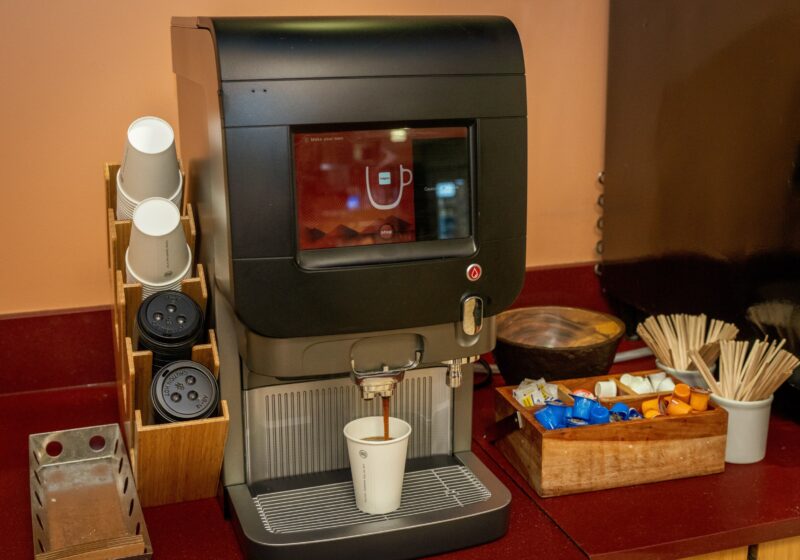Late last week, UR Security met with various University offices to assess whether the new Monroe-Livingston Regional Emergency Medical Services Council’s procedure, which mandates all intoxicated persons treated by Emergency Medical Technicians be transported to a hospital for care, was applicable to the University.
The discussion included representatives from the Dean of Students Office, UR Legal Counsel, Office of the Intercessor and Human Resources, University Health Services and UR Medical Center Office of Educational Resources.
Specifically, there was some question as to whether or not UR’s Medical Emergency Response Team would have to adhere to this practice.
“We reviewed the protocol that has been issued by the regional EMS Council and it does require EMS providers, including MERT, to take a very proactive approach [and to take] individuals who are injured or sick with a complicating issue of alcohol or drug use to the hospital,” Director of UR Security Walter Mauldin said.
This conclusion is not unexpected, as MERT is under the jurisdiction the Monroe-Livingston Regional EMS Council.
“MERT [members] are acting in accordance with the operating procedure,” Mauldin said. “Because it is a local requirement, it becomes an operating practice for us.”
Director of Operations of River Campus MERT and senior Daniel Nassau responded to the new protocol.
“The most unfortunate thing about the new policy is that it takes away MERT’s ability to properly evaluate a person based on all the circumstances,” Nassau said. “We are not technically able to determine whether someone is intoxicated or not.”
Mauldin elaborated that they were still seeking clarification on how MERT personnel will assess patients. Previously, after evalutaing patients, MERT recommended whether or not the intoxicated person should be transported to the hospital. According to Mauldin, the new policy, because it does not allow EMTs to judge intoxication levels, raises the issue regarding estimation of the level of alcohol intoxication. Mauldin explained there is no way for MERT to observe a person’s symptoms over an extended period of time.
“We still need clarification in this area,” he said. “We want to give the EMTs better guidance.”
Mauldin expressed his concern about the impact on the hospital if every intoxication case is sent there unequivocally.
“On a busy night, we don’t yet know the kind of impact on the hospital or the financial impact. But they are all secondary to the health question,” he said.
The next step will be for University offices such as UHS and URMC Office of Educational Resources to discuss the implications of this new protocol.
“The University wants to look how it can best interpret or implement this policy so that it works well for a University campus,” University Intercessor and Coordinator of Disability Resources Kathy Sweetland said.
Nassau expressed his expectations for those administrators partaking in upcoming deliberations.
“I hope that they involve the county when they’re making these decisions,” he said. “We have to follow the county above all else, and we hope it will be an easy transition.”
Squires is a member of the class of 2010.




